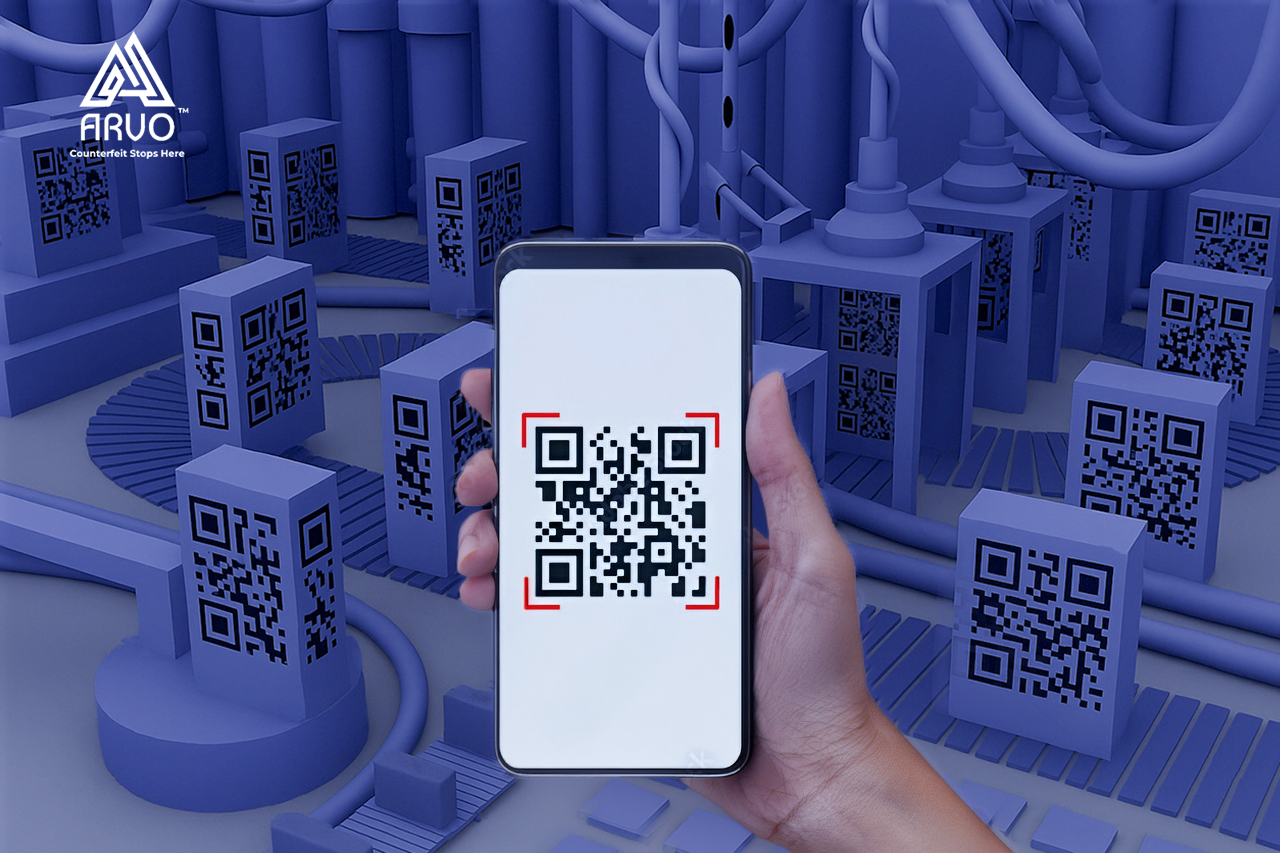
In today’s hyper-digital world, a simple square pattern has become the gateway to
everything from payments to product authentication. But here’s the truth no one talks about:
traditional QR codes are easy to copy, screenshot, or duplicate. If your customer can
scan it, so can a counterfeiter.
This is where non-clonable QR codes step in. They are not just “smarter QR codes” they
are an entirely new class of security technology that makes duplication virtually impossible.
And their applications stretch far beyond what we imagine today.
Why Traditional QR Codes Fall Short
Most QR codes are static, anyone with a scanner can copy them and reuse them. This
makes them vulnerable in industries where trust and authenticity are non-negotiable.
● Easy duplication: A single screenshot can replicate a QR code endlessly.
● No authenticity check: They only direct to a URL, without verifying if the source is
genuine.
● Counterfeit loophole: Fake QR codes can redirect customers to malicious sites.
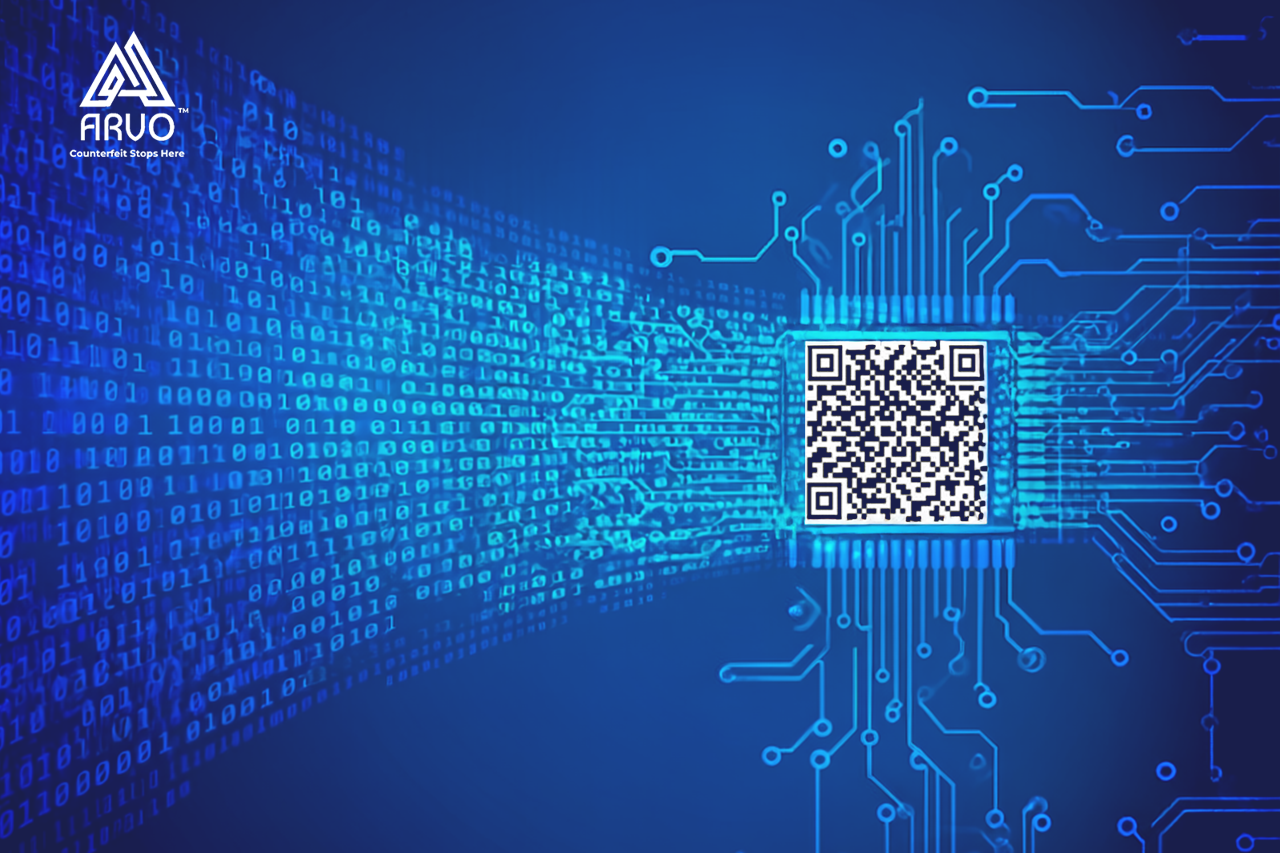
What Makes Non-Clonable QR Codes Different?
Unlike static or even dynamic QR codes, non-clonable QR codes carry unique
cryptographic identities. Every scan is not just a “redirect” but a verification step.
● Embedded randomness: Each QR code has unique digital randomness that cannot
be copied.
● Scan-specific validation: Every scan can be checked against the original database.
● Tamper-proof: Even if someone copies the pattern, it won’t validate.
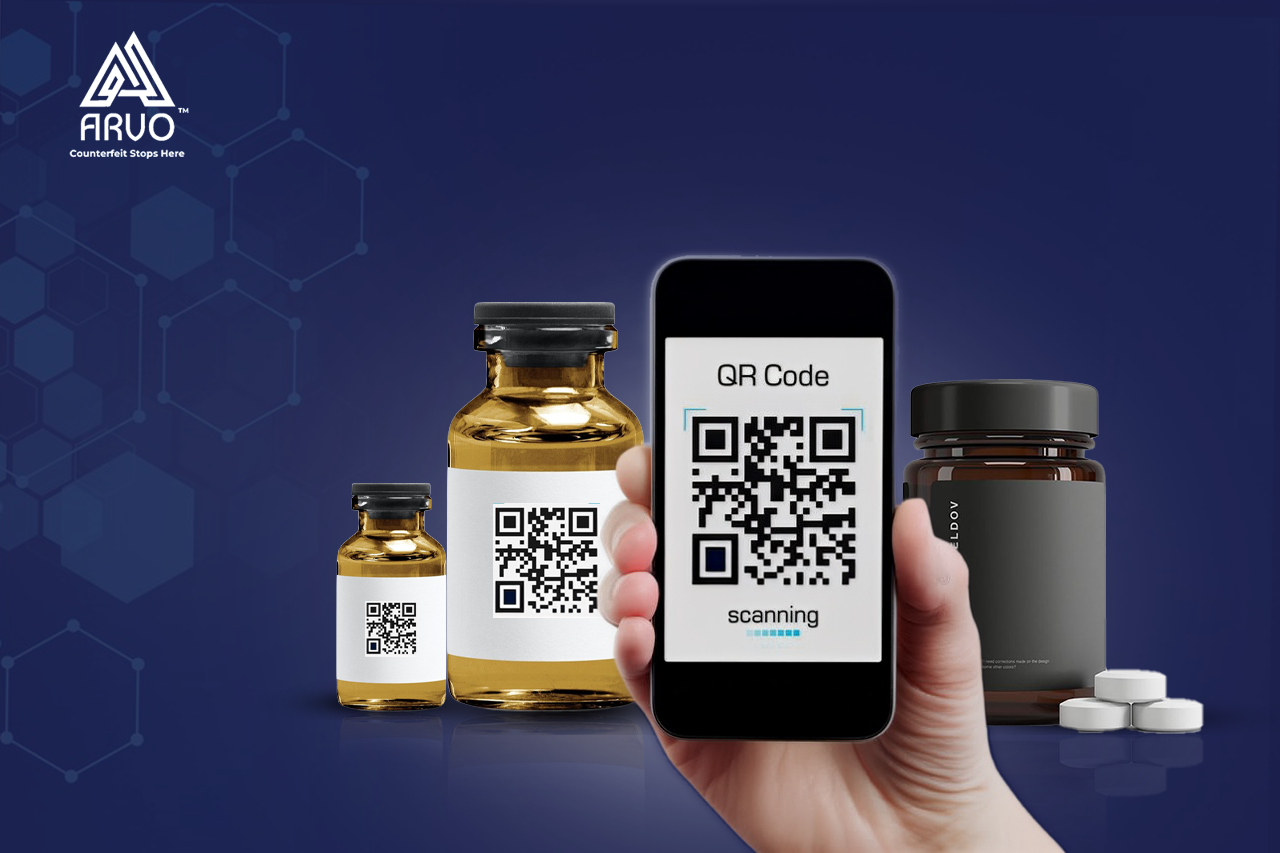
Real-World Applications Nobody is Talking About
While most people associate non-clonable QR codes with consumer goods or luxury
products, their true power lies in transforming industrial sectors where compliance,
safety, and authenticity are mission-critical.
● Automotive & Auto Components: Counterfeit spare parts are a multi-billion-dollar
problem. Non-clonable QR codes can ensure that every brake pad, engine part, or
battery comes with a verifiable digital product passport protecting driver safety and
OEM revenues.
● Pharmaceuticals: With government mandates for QR-coded medicines,
non-clonable QR codes go a step further by making these IDs impossible to copy.
This ensures genuine medicines reach patients, prevents counterfeit drugs, and
builds trust in the supply chain.
● Chemicals: In an industry where mislabeling can cause safety hazards,
non-clonable QR codes provide tamper-proof identification. They enable regulators
and buyers to confirm chemical authenticity instantly, ensuring safe handling and
compliance with strict global standards.
● Industrial Equipment Manufacturing: Expensive machinery and spare parts are
often duplicated or diverted into gray markets. A non-clonable QR code embedded
on each component guarantees authenticity, supports faster recalls, and maintains
operational reliability across industries.
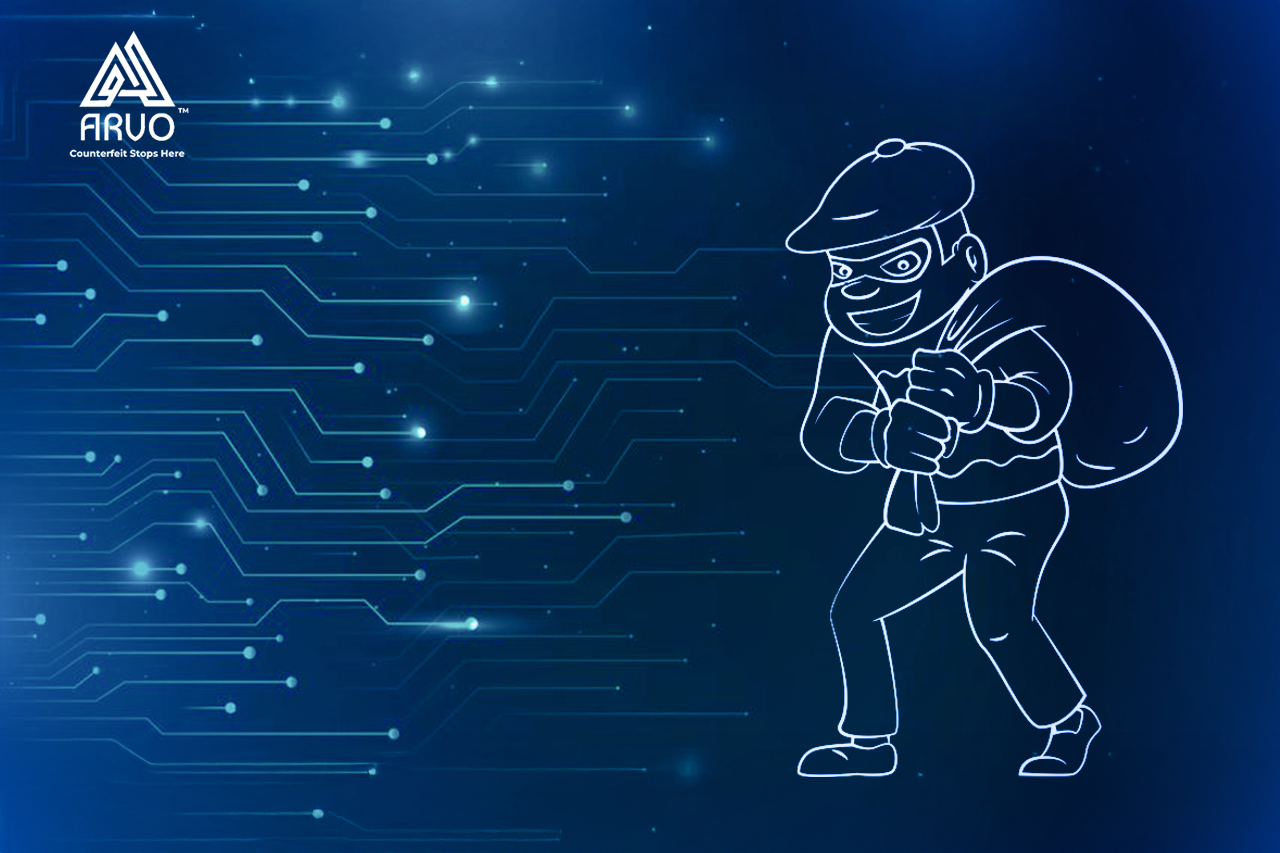
Why This Matters Today
Counterfeit markets are worth $1.8 trillion globally, and digital scams are on the rise. In
such an environment, trust is not just a value-add, it’s survival. Non-clonable QR codes don’t
just protect businesses, they create brand loyalty by assuring customers they are
buying the real thing.
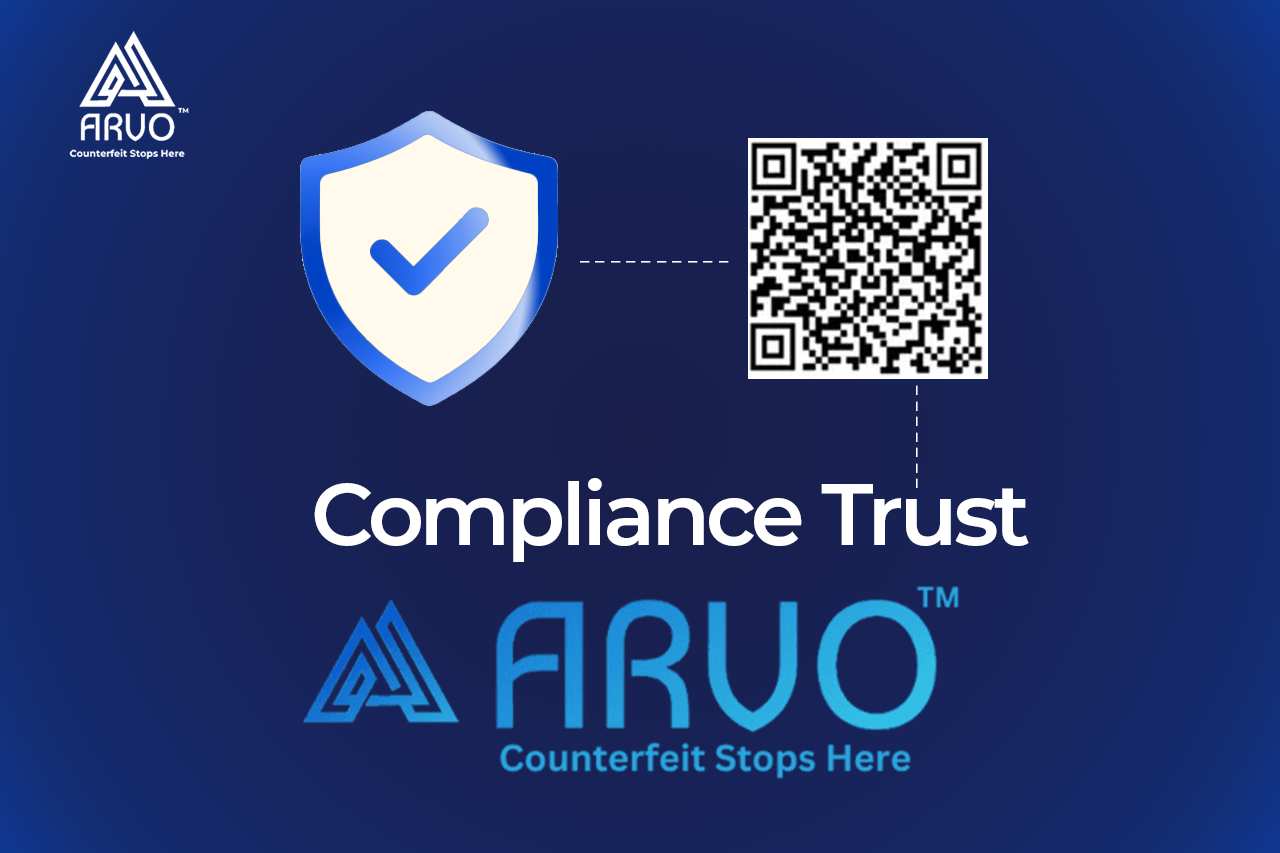
Arvo’s Edge in Non-Clonable QR Codes
At Arvo, we don’t just create QR codes, we create trust ecosystems. With our non-clonable
QR technology, brands gain:
● End-to-end traceability of products.
● Anti-counterfeiting protection that works in real time.
● Product authentication at every scan, from factory floor to customer’s hand.
Conclusion
Non-clonable QR codes are not a trend. They are the next frontier of trust, security, and
brand protection. Whether it’s a medicine bottle, a concert pass, or a luxury handbag, the
power to prove authenticity in a single scan will reshape how customers interact with
products.
In short: Every scan tells a story. Arvo ensures it’s the right one.